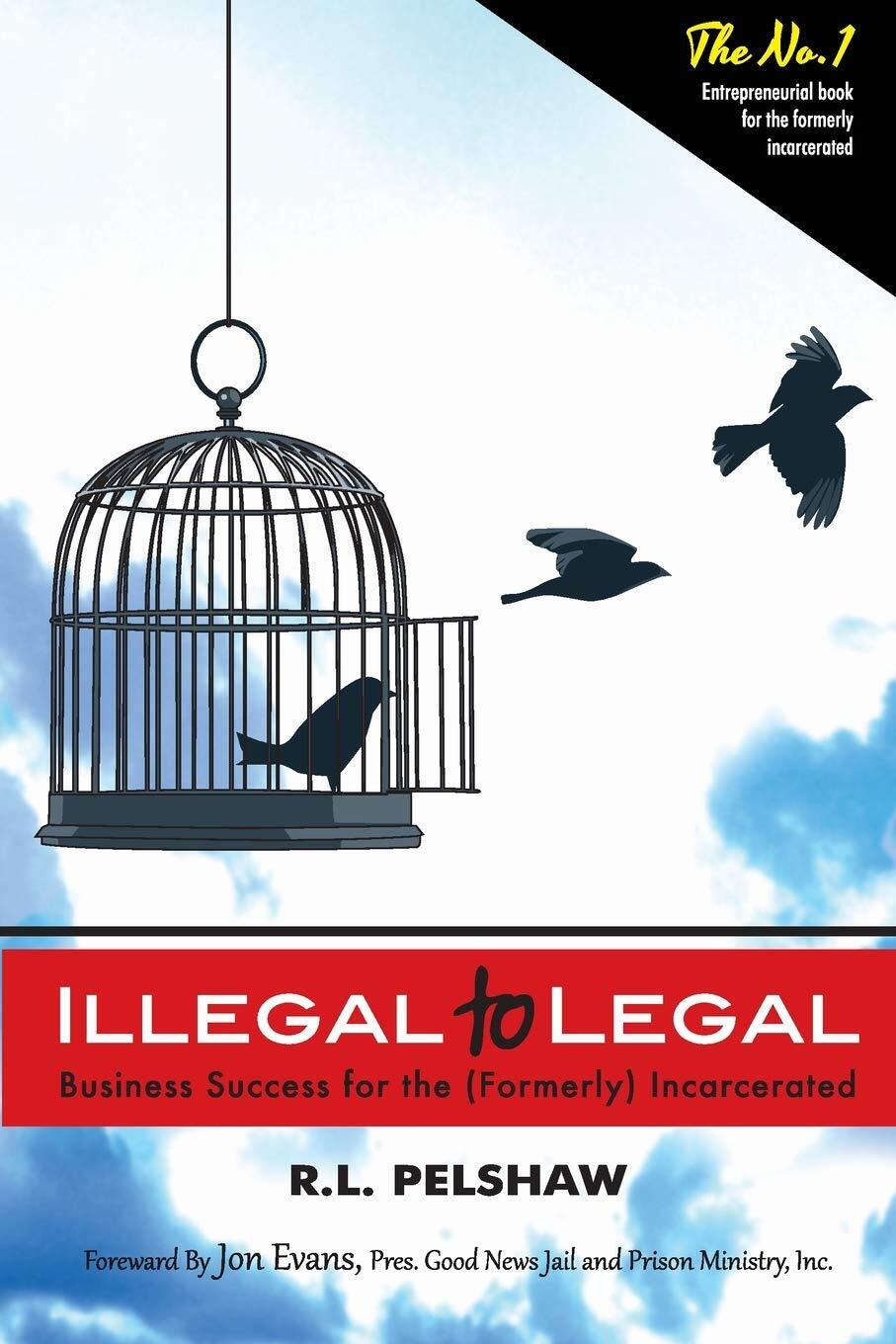I love football, but while I was growing my business, I never had the time to follow it like I wanted to. So, when I could afford it, I decided to take my best friend and go see my first Super Bowl in person, which happened to be Super Bowl XLII (42 for those of us who aren’t fluent in Roman Numerals). It didn’t matter that my “team” (the Broncos baby!) wasn’t playing. It was just always a dream to go to a Super Bowl in person. I also went to Super Bowl XLIII, but that’s another story.
What do you do when your team isn’t in the game? You pick a team of course! I picked the New England Patriots, instead of the Giants, since going in to the big game they had more wins than Don Shula’s 1972 Miami Dolphins, who since ’72 was always hailed as having “The Perfect Season.” I’m not a hater, but I was so sick of hearing about Miami, Don Shula, and their “perfect season” that I wanted someone else to take that torch. But to dethrone Shula the Pats had to win the Super Bowl. There was a lot on the line.
(The Patriots) didn’t play Super Bowl 42 to win. They played not to lose.
Bob Pelshaw
Lessons from the Super Bowl: What do you do under pressure?
What do you do when you have a lot on the line? How do you respond to pressure? When faced with a decision, or an opportunity, that you have that could make a huge impact for you or your world, do you “go for it” or “crush it” or “fight as hard as you could,” or any other tough-guy cliché you can think of that means you would do whatever it takes to win?
Or do you think strategically?
Super Bowl 42 was a hard-fought game that was a disappointment for the ill-fated fans of the New England Patriots. I felt that the Pats could’ve won, but they didn’t because they didn’t play to win.
They played not to lose.
The Giants were the underdogs (I usually take the underdogs, by the way) and their record was far from the perfect season the Patriots had going into the Super Bowl. The Giants didn’t care everyone said they would lose, didn’t care their stats were inferior to their opponent. They earned the right to be there, they played their guts out, and they won.
This isn’t meant to be a touchy-feely “if you set your mind to it you can do anything” piece. Instead, I want to focus on the difference between “playing not to lose” versus “playing to win,” and the extreme value of little daily successes. Yes, hard work can help you achieve good things, but sometimes hard work isn’t enough.
The trouble with life is we don’t always have a big “once in a lifetime opportunity” to work with. Life isn’t always fair, and sometimes we don’t get what we deserve (thank God!). Most of the time we have to figure out how to make sense of the day-to-day routine. Figuring out how to get by sometimes consumes everything, and there’s not much left for the “big win” we hope for, but often doesn’t happen how or when we want it to.
My friend Tony played on the defensive line of the last Husker National Championship teams, and the Pros, and he told me they won their titles based on lots of successful little 3 to 5-yard gains. If you’re watching football a 3-yard gain isn’t as exciting as that 90-yard punt return, or the 70-yard hail Mary interception. Statistically, those plays aren’t as frequent as the simple bread and butter little runs that control the ball, wind down the clock, and win games.
If you want to be self-employed, or achieve any goal, don’t wait for the “big break.” Forget about your past mistakes, get in the moment, and give those day to day tasks, or whatever you’re doing, your best effort. Work hard and try hard, even if no one is watching, appreciates you, or even gives you credit for it. Live every day like you are working up to something better.
So, to wrap this up, here’s what I learned from Super Bowl XLII:
- It doesn’t matter if you’re the underdog, or don’t have all the resources you want. Always play to win, even if it looks impossible.
- If you are the favored one, still play to win, because playing not to lose will make you fail.
- Don’t wait for the “big moments,” as life is about a lot of 3-5-yard plays (little successes).
Live every day like you are working up to something better. Because if you do, you are.






